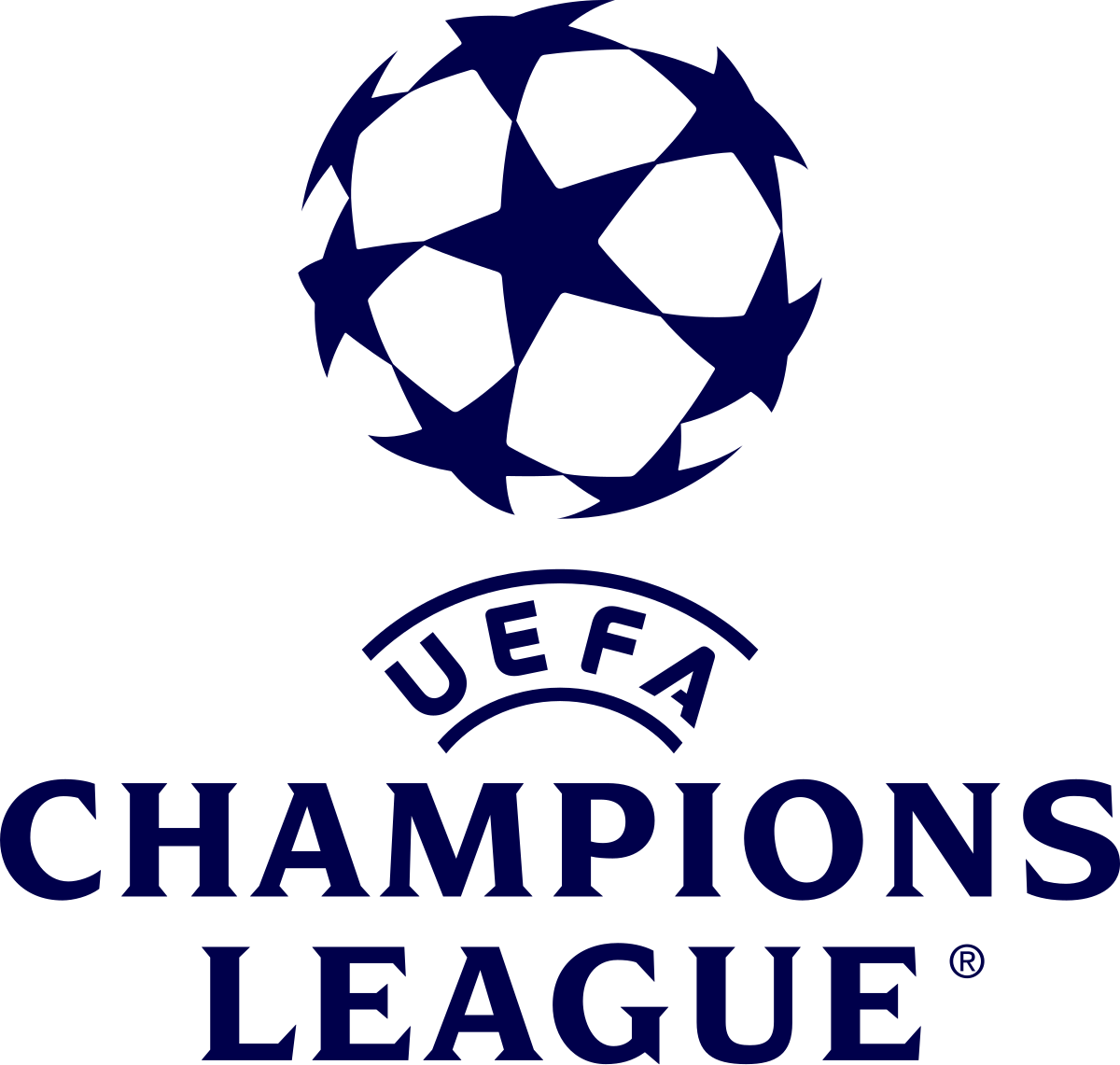Introduction
The Champions League is the pinnacle of club football in Europe, showcasing the best teams from various leagues across the continent. This prestigious tournament attracts millions of viewers and provides thrilling matches that can redefine a club’s history. Every year, football fans eagerly anticipate the Champions League fixtures, which feature some of the most talented players and legendary clubs in the world.
In this article, we will explore the history, format, and significance of the Champions League, as well as its impact on clubs and players alike. Let’s dive into the fascinating world of European football.
The History of the Champions League
The Champions League, originally known as the European Cup, was established in 1955. The tournament was created to provide an avenue for the best European clubs to compete against each other. Over the years, it has evolved into one of the most prestigious competitions in the sport.
- Early Years: The initial format allowed only the champion of each national league to participate, making it a highly exclusive competition.
- Expansion: In 1992, the tournament was rebranded as the Champions League. This change allowed multiple teams from stronger leagues to participate, increasing the competition’s popularity.
- Modern Era: Today, the Champions League features 32 teams in the group stage, with extensive broadcast coverage and commercial partnerships that have transformed football.
From its humble beginnings to its current status, the Champions League has played a significant role in the development of European football.
Format of the Champions League
The format of the Champions League is designed to ensure that the best teams meet in a competitive setting. Here’s an overview of how the tournament is structured:
- Qualification Rounds: Teams from various leagues across Europe enter qualifying rounds to secure a spot in the group stage.
- Group Stage: The 32 qualified teams are divided into eight groups of four. Each team plays the others in its group twice, with the top two teams from each group advancing to the knockout stage.
- Knockout Stage: The knockout phase consists of 16 teams competing in two-legged matches. The aggregate score determines which teams advance to the next round, culminating in the final match to determine the champion.
The excitement of each stage, particularly the knockout rounds, captivates fans and players alike, as every match can be a decisive moment in a club’s journey.
Significance of the Champions League
The Champions League holds immense significance for clubs, players, and fans. Here are a few key aspects:
- Prestige: Winning the Champions League is regarded as one of the highest achievements in club football. It elevates the status of the club and its players on a global scale.
- Financial Rewards: The financial implications of participating in the tournament are substantial. Clubs earn significant revenue from broadcasting rights, ticket sales, and sponsorship deals, which can impact their financial health.
- Player Development: For players, the Champions League is an opportunity to showcase their talents on an international stage. Performing well can lead to lucrative transfers and increased recognition.
The Champions League not only shapes the landscape of European football but also influences the careers of countless players.

Notable Champions League Moments
Throughout its history, the Champions League has witnessed unforgettable moments that have become etched in football lore. Here are a few highlights:
- Historic Comebacks: Matches like Liverpool’s miraculous comeback against AC Milan in the 2005 final are legendary, showcasing the unpredictable nature of the tournament.
- Dominance of Clubs: Teams like Real Madrid and FC Bayern Munich have established themselves as powerhouses in the competition, with numerous titles to their names.
- Emerging Talents: The tournament has often been a stage for young talents to shine, leading to breakthroughs for players who later become global stars.
These moments contribute to the rich tapestry of the Champions League, making each season unique and exciting.
Conclusion
The Champions League embodies the spirit of football, bringing together the best teams and players in a thrilling competition. Its rich history, structured format, and significant impact on clubs and players highlight its importance in the world of sports. Whether you are a die-hard fan or a casual observer, the allure of the Champions League continues to captivate audiences, making it a highlight of the football calendar.
FAQ
Q1: When does the Champions League start?
The Champions League usually begins with the qualification rounds in July, with the group stage starting in September.
Q2: How can teams qualify for the Champions League?
Teams qualify based on their performance in their national leagues, with the top clubs from each league earning a spot.
Q3: What is the prize for winning the Champions League?
The winning team receives a trophy and substantial financial rewards, along with prestige and recognition in the football world.
Q4: Who are the most successful clubs in Champions League history?
Real Madrid holds the record for the most titles, followed by AC Milan and Liverpool.
Q5: Where is the Champions League final held?
The final is hosted at a predetermined venue, which varies each year, often in prestigious stadiums across Europe.
Q6: Can a team win the Champions League and their domestic league in the same season?
Yes, it is possible for a team to win both the Champions League and their domestic league in the same season, a feat known as a treble.



